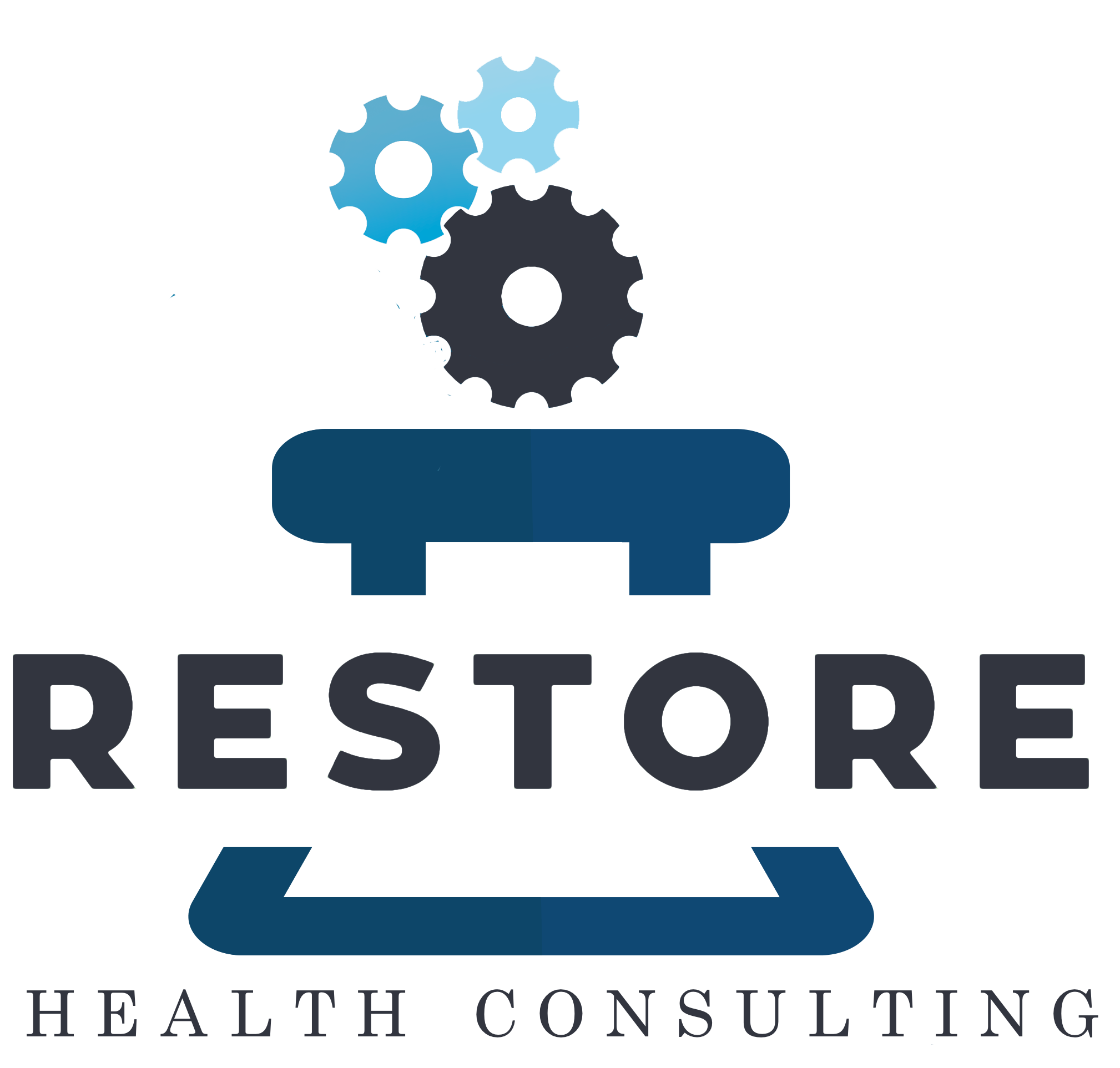Medical clinics that prepare or manipulate a sterile compound for in-office patient administration will need to take a closer look at USP, State Board of Pharmacy requirements, and FDA Guidance on insanitary conditions to make sure they are compliant with the expectations. Otherwise these healthcare facilities could face an FDA observation, warning letter, or other regulatory action. To better understand how a medical practice can be affected, let’s examine two scenarios.
Read MoreIn this FDA CDER conversation, Ian F. Deveau, Ph.D., Division Director at FDA CDER, discusses how the agency still continues to see harm come to patients due to improperly compounded drugs. While the New England Compounding Center (NECC) was the most infamous tragedy the compounding industry has seen to date, it is not the only incident on record. Dr. Deveau cites that from 1990 to 2005 there have been over 240 cases of adverse events and deaths linked to poor compounding practices.
Read MoreThe FDA cites 503A pharmacies for insanitary conditions. They’ll also cite entities behaving as a 503B outsourcing facility that do not comply with CGMP. So what are the most prevalent FDA observations facing 503A pharmacy compounders today? How can you prevent your firm from suffering the same fate?
Read MoreMany 503A compounders inspected by the FDA are cited for insanitary conditions. To help 503A pharmacies understand how to recognize insanitary conditions at their facilities, the FDA released an updated draft guidance. Many of the examples cited are stricter than USP recommendations. Is your pharmacy in compliance?
Read More




